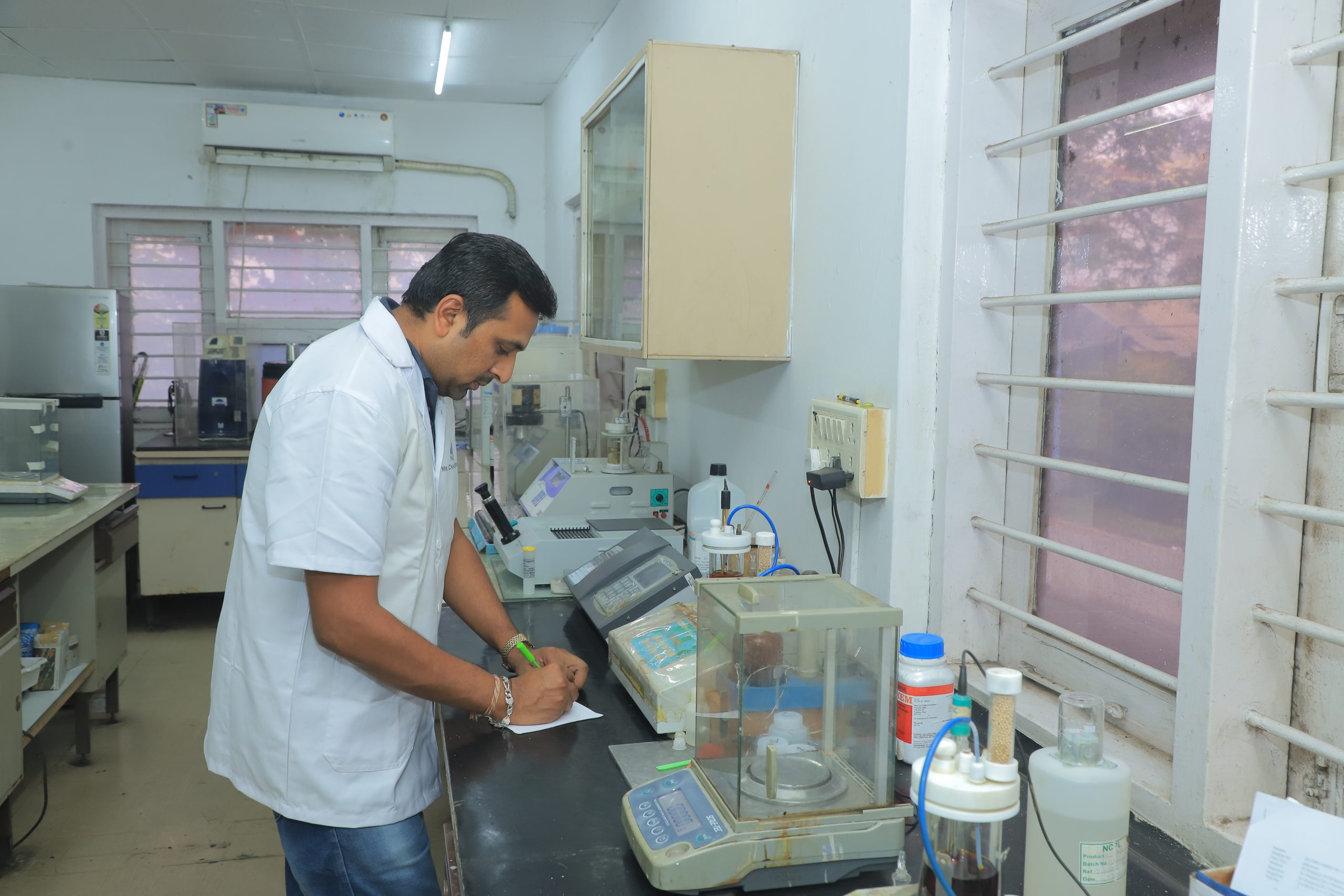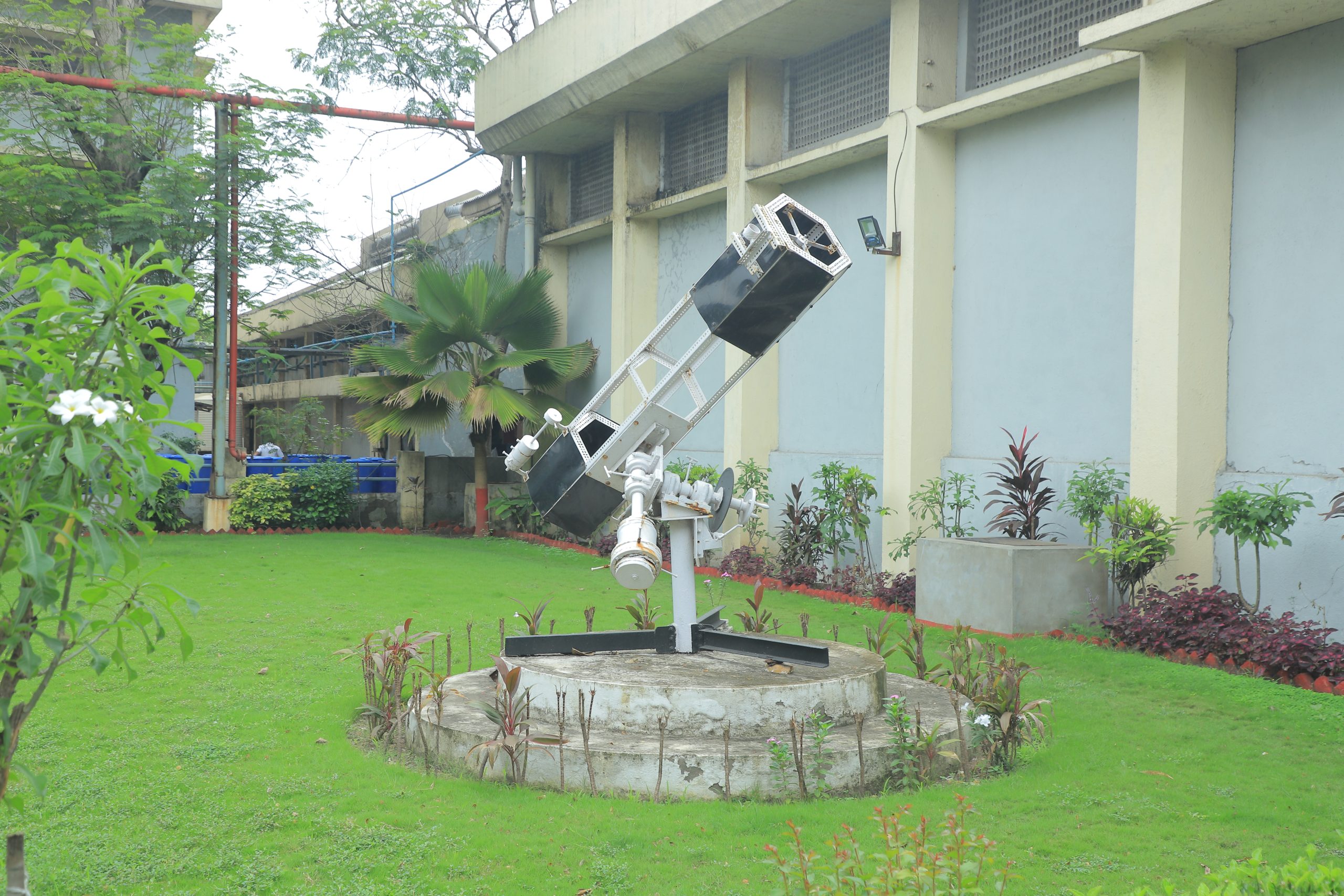Our Products
BIOCIDES/PRESERVATIVES
- Biocides / Preservatives for water treatment, paper industry, paints,inks, adhesives,textiles, starch andgums, ceramic Industries.
- 2-Bromo-2-Nitropropane-1,3-diol BNPD
- Preservatives for Natural Gum like Guar Gum and TKP
- CIT-MIT 1.4 % and combinations
- BIT 20%
MBO- N,N’ Methylene Bis (5-Methyl Oxazolidine)




Previous image
Next image

